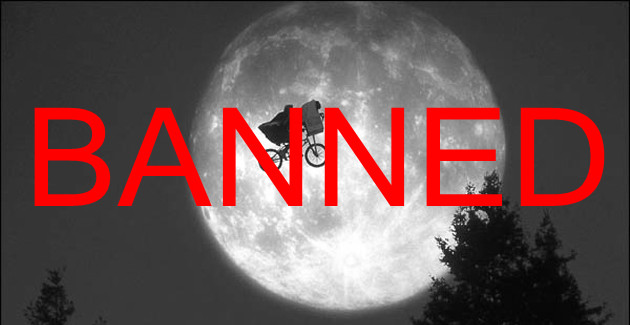
Commonly accepted standards of decency and rectitude vary wildly throughout the world and have changed enormously as the decades have passed. Foul language, blasphemy and displays of flesh that wouldn’t raise an eyebrow in New York, Tokyo or Paris today would have caused public outrage in Amsterdam, Chicago or London thirty or forty years ago.
Britain in the 1980s, in fact, under the self-appointed moral guide of Mary Whitehouse, was at the vanguard of the “ban and block” brigade which saw dozens of films (mainly lurid horror movies with gaudily shocking titles such as The Evil Dead, Driller Killer and I Spit on Your Grave) pulled from theatres and VHS video-rental shop shelves because of ‘obscene’ violence and sexual content that would most probably pass for broadcasting even on some TV channels nowadays.
Similarly, Hollywood saw its output under attack by the censors in the late 1940s and 1950s for paranoid political reasons under the House on Un-American Activities Committee (HUAC) whose McCarthyist outlook interpreted many movies to have underlying subversive communist messages hidden in them and consequently banned them as well as preventing many directors and other movie professionals from working in the USA altogether, ruining many promising careers and innocent lives in the process.
The focus of the film censor’s attention has constantly shifted too — from religious blasphemy and political controversy, through nudity and immorality, to swearing and sexual violence.
Looking back at the long list of films which have been banned at various times, it is not difficult to see why some works, whilst widely accepted as being of great artistic merit, have attracted the ire of the world’s censors.
“Salo, or The 120 Days of Sodom” (Pier Paolo Pasolini, 1975), for example, which is an allegorical representation of Italy under Fascism and based on the Marquis de Sade’s scandalously controversial novel, with its harrowing scenes of relentless sadism, nihilistic violence, torture and extreme sexual deviance, possibly has something to offend almost everyone’s sensibilities in one way or another, no matter how liberal-minded they might be!
Some other bans, however, are less easy to understand or rationalise (by modern-day Western standards at least) and it is these which shall be examined in the following list.
1. Apocalypse Now (Francis Ford Coppola, 1979)
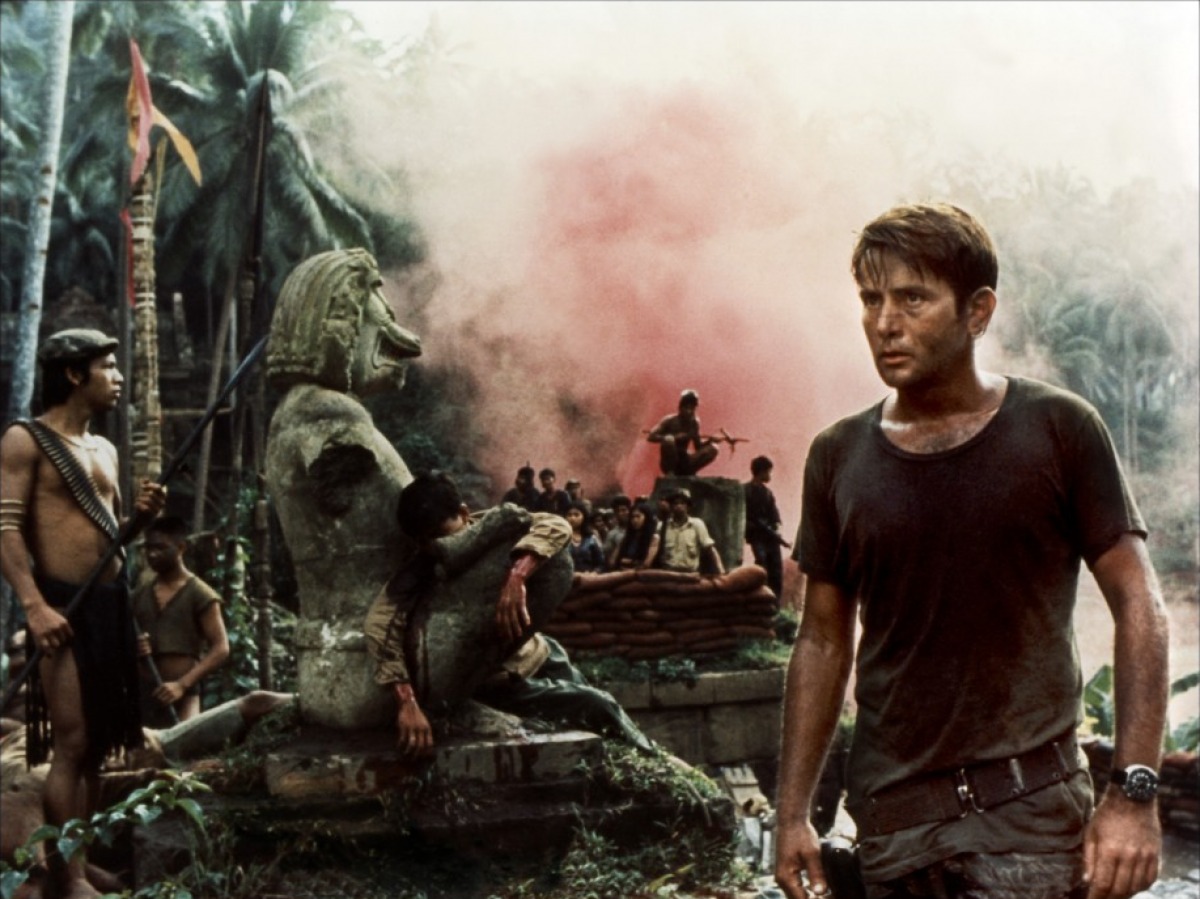
Adapted from Joseph Conrad’s novella about an ivory trading company employee’s voyage up the Congo river — ‘Heart of Darkness’ — and transplanted to the Vietnam War where Marlon Brando’s Colonel Kurtz has “gone native” from the horrors of combat and is now hiding amongst an indigenous tribe who worship him as a God.
He is tracked down through war-torn jungle and hellish scenes of devastation into Cambodia by a heavy-drinking and hallucinating US Army Captain played by a young Martin Sheen.
Revered since its release by movie-goers and critics alike, it received an Oscar for Best Cinematography at the 52nd Academy Awards and was awarded the Palme D’or at the 1979 Cannes Film Festival.
Despite being almost universally lauded for its poignant depiction of the brutality, savage hypocrisies and atrocities of conflict, South Korea’s president and military general, Park Chung-hee, refused importation of the movie because he thought it made war look bad.
2. Monkey Business (Norman McLeod, 1931)
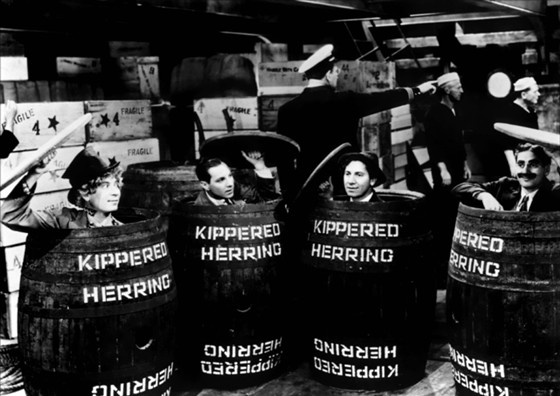
The Marx Brothers were a farcical comedy act from New York with vaudeville origins who enjoyed success on the radio, stage and at the cinema. Their third film outing saw Groucho, Zeppo, Chico and Harpo getting mixed up in comic shenanigans with feuding gangsters and kidnappers whilst on board a transatlantic ship and then onshore in the United States.
The country of Ireland, which was gripped by internal political tension at the time of the film’s release, banned it because of the fear that the four protagonists’ non-conformist behaviour onscreen could lead to an anarchic uprising in the streets at home. Strangely, the ban continued right up until the year 2000.
3. Back to The Future (Robert Zemeckis, 1985)
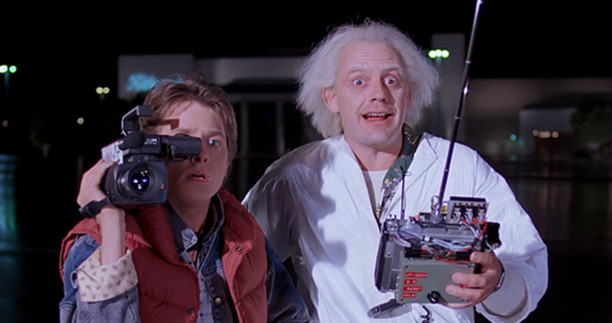
Set in what used to be considered the distant future but has now become the recent past (2015) and correctly predicting the advent of unmanned drones, hover-boards and video-phones, this highly popular and much-loved sci-fi/comedy starred Michael J. Fox as a slack teenager accidentally upsetting the space-time continuum whilst shuttling between the present and the future in a time-travelling car built by an eccentric scientist played by Christopher Lloyd.
It has been effectively withdrawn in China since 2011 by the State Administration of Press, Publication, Radio, Film and Television because of its frivolous treatment of serious historical events. The country’s authorities actively discourage or prohibit the broadcast of works of fiction that deal with the subject of time-travel, myth and superstitious beliefs.
Whilst not technically an absolute ban, to go against the state’s advice on what or what not to show publicly is considered detrimental or even ruinous to a career in domestic film-making or broadcasting. The “no playing around with time” rule also rules out The X-Files and The Terminator from being shown there.
4. Brief Encounter (David Lean, 1945)
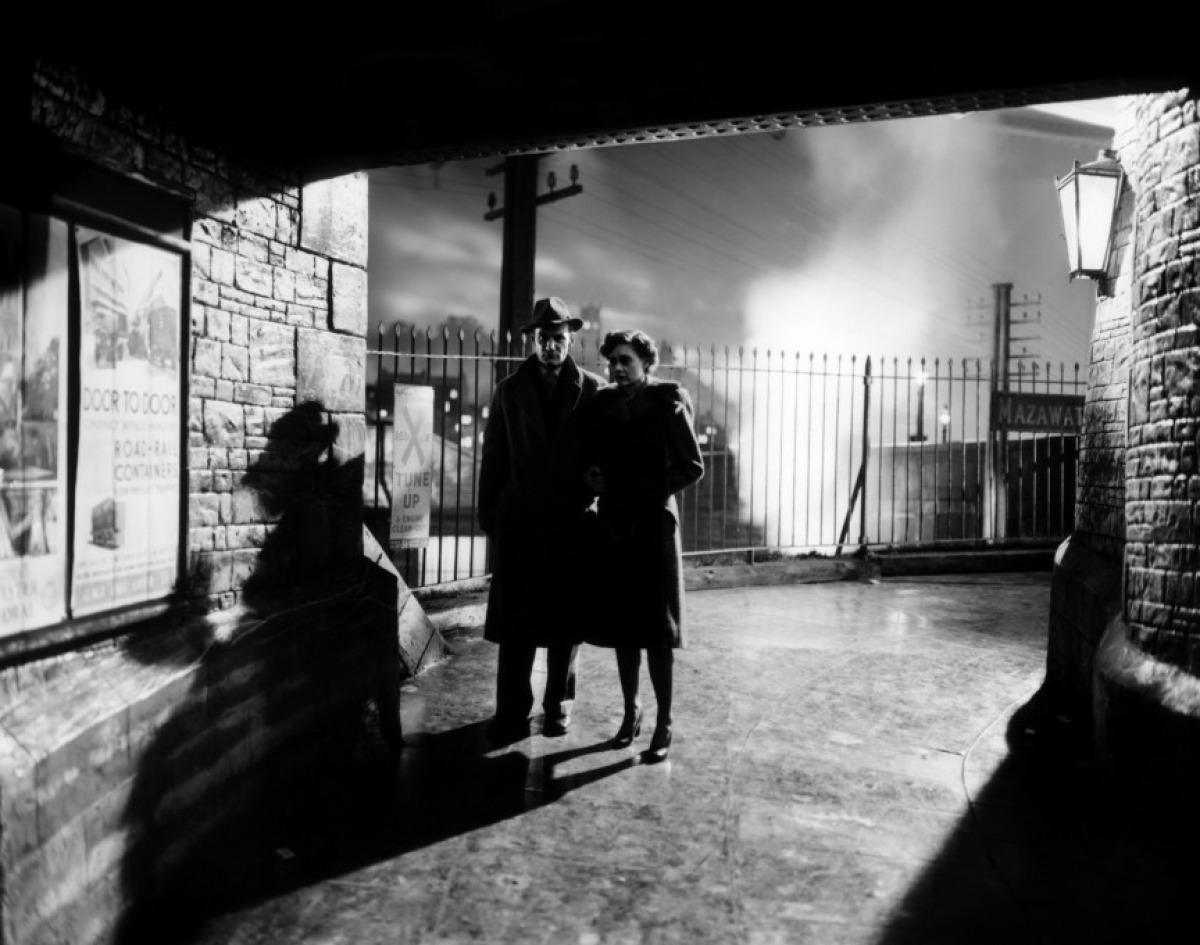
Based on a stage-play by Noël Coward, this popular black and white classic is often remembered for its haunting use of Rachmaninoff’s melancholic 2nd Piano Concerto in the score. The story centres on a British man and a woman, both married to other people, who meet by chance at a railway station and begin an ill-fated affair.
Ireland, an almost-entirely Catholic country which at that time was governed in a quasi-theocratic style, had passed in 1923 the ‘Censorship of Films Act’ which served to ‘protect’ the public from morally corrupting influences. The film’s theme of adultery, and its permissive and sympathetic treatment of it, earned it the censors’ displeasure and it was subsequently banned.
5. Goldfinger (Guy Hamilton, 1964)
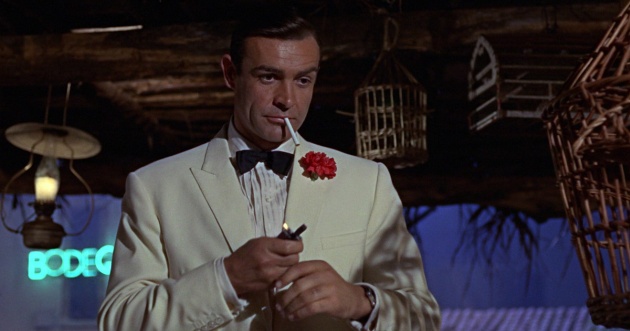
The third movie of the highly successful James Bond franchise pitted Sean Connery’s “agent 007” against an evil megalomaniac who is planning to wreck the global economy by raiding Fort Knox and rendering its gold reserves worthless by means of a radioactive “dirty bomb”.
It is fondly remembered for its hit theme tune written by John Barry and sung by Shirley Bassey, and also for the specially equipped Aston Martin DB5 which featured in it.
The state of Israel, however, pulled the film from cinemas when it became known that Karl Gerhart Fröbe (also known as Gert Frobe), the German actor who played the precious-metal-loving villain of the title, had formerly been a member of the Nazi party. He had joined the junior arm of the movement when he was sixteen years old but tried to leave in 1937 as a protest against their political and social policies.
The film’s ban was later lifted when a Jewish escapee from the holocaust, Mario Blumenau, revealed to the Israeli government that Fröbe had actually saved his family’s life during the Holocaust by hiding them from the Nazis.